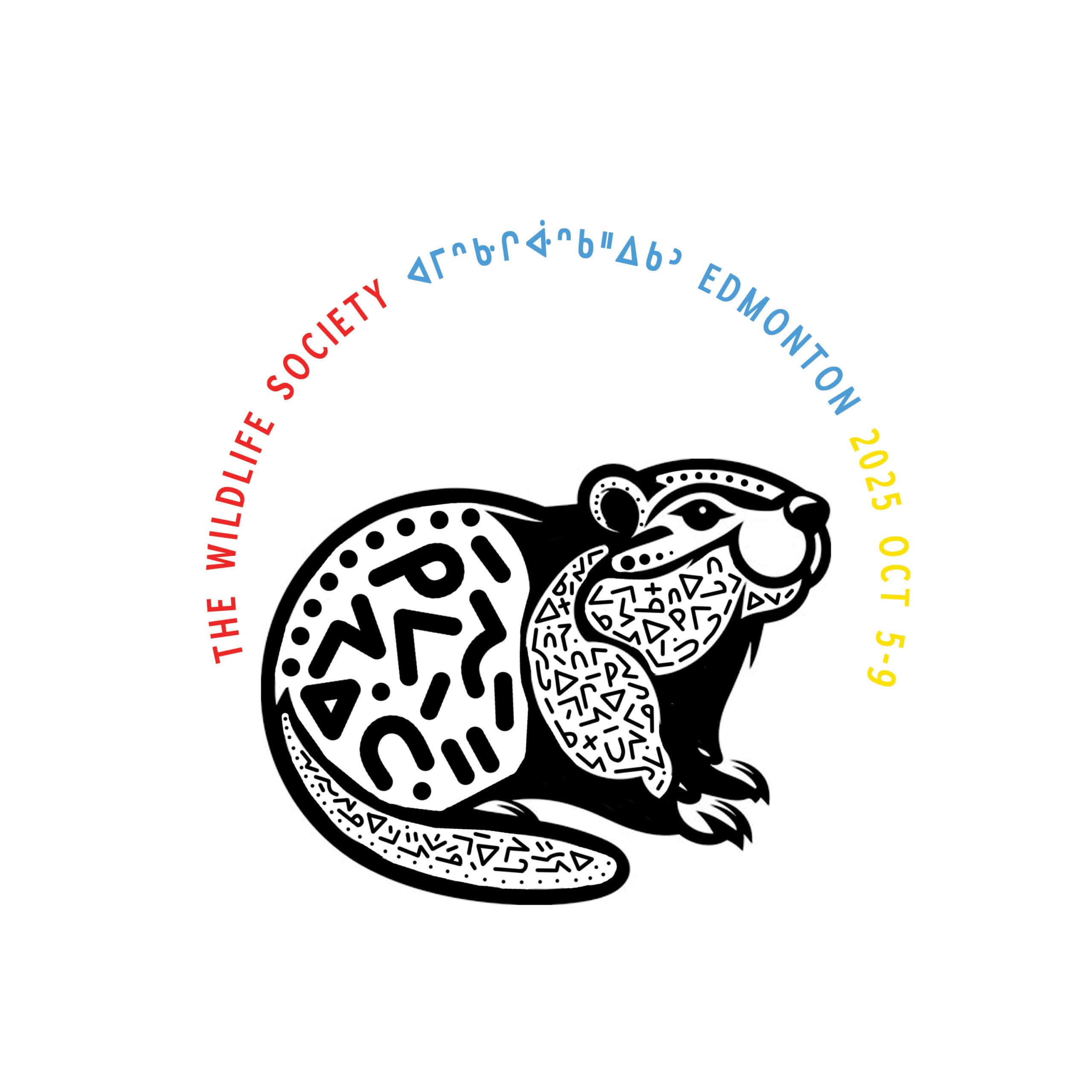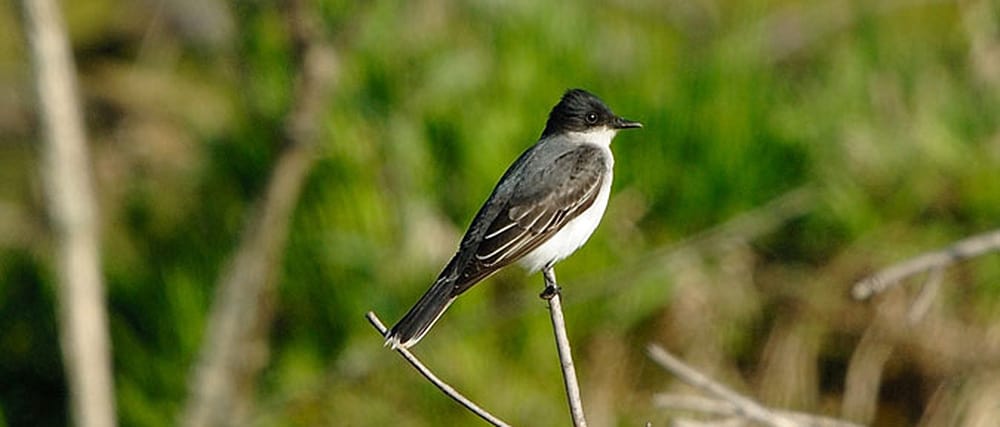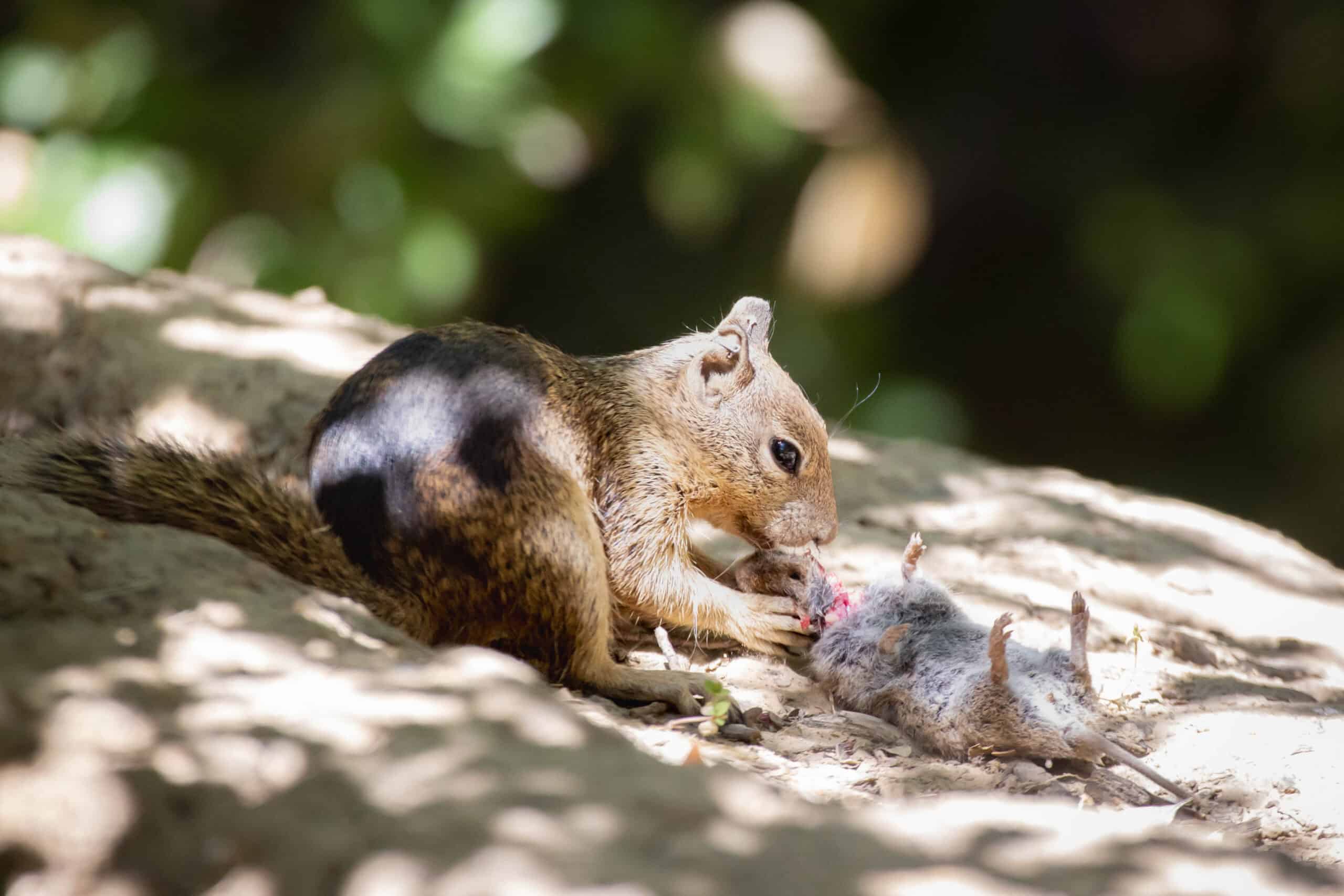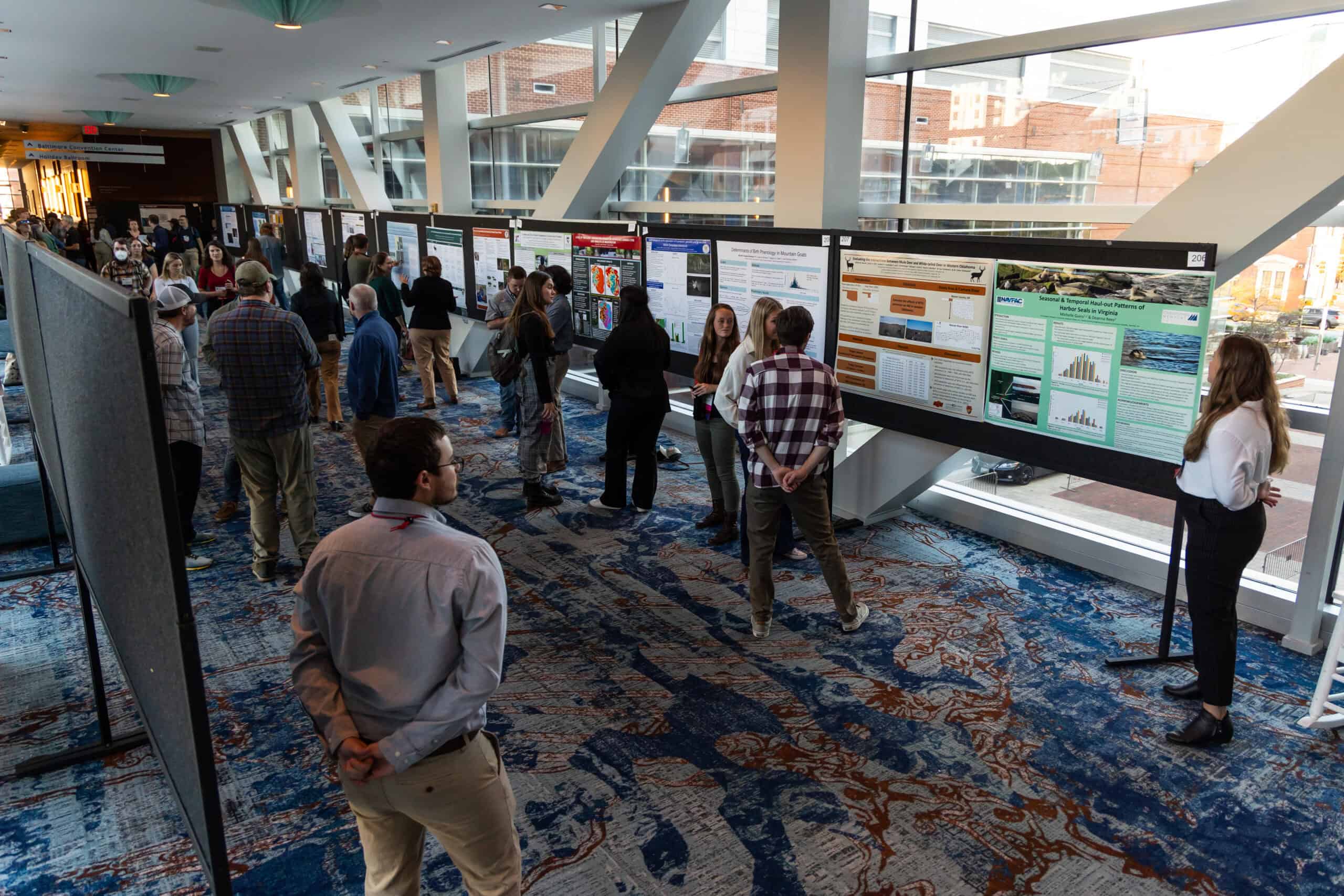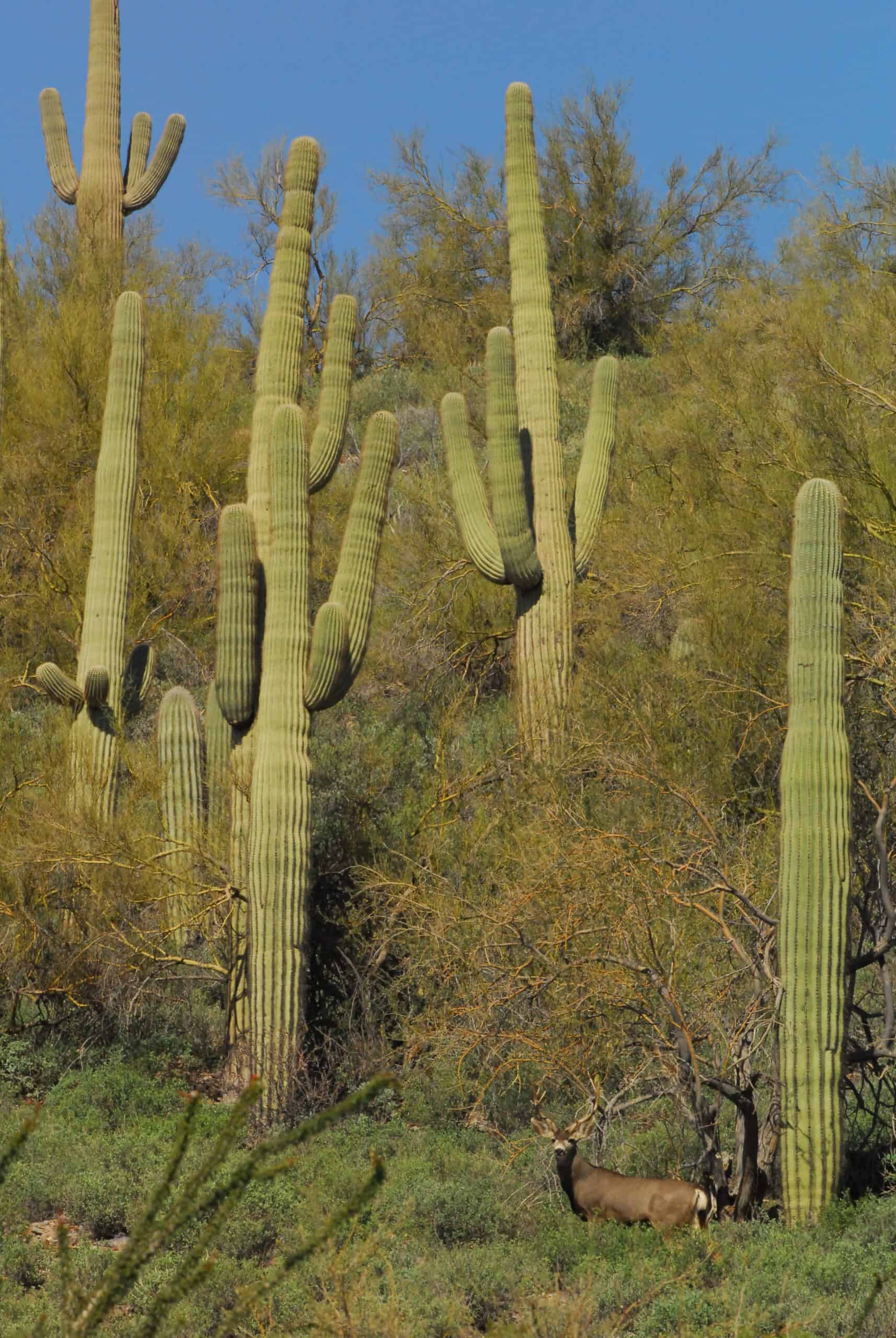Share this article
TWS Supports Neotropical Migratory Bird Act
Alongside nine other organizations, TWS sent a letter to Congressman Kind (D-WI) and Congressman Wittman (R-VA) in support of their introduction of legislation to reauthorize the Neotropical Migratory Bird Conservation Act (NMBCA). The NMBCA has played a key role in conserving migratory bird species of the Americas since its enactment in 2000.
The bill, H.R. 2957, which is currently written to authorize up to $6,500,000 of funding per year through the end of fiscal year 2020, was introduced on Tuesday to the House Natural Resources Committee. The letter cosigners hope the bill will pass through committee “without amendment,” and that the House Natural Resources Committee “will work to ensure its final passage in the House of Representatives.”
This legislation operates through the NMBCA Grants Program, run by the US Fish and Wildlife Service. If an organization wishes to receive funding for a project to benefit a Neotropical migratory bird, also known as a species that breeds in the US or Canada and overwinters in Latin America or the Caribbean, they can apply for a grant. Since the overall focus of this program is to promote US bird species at every stage of their life cycle, 75% of NMBCA funds must be allocated to projects outside of the US.
TWS and other cosigners such as the American Bird Conservancy find the global scale of this legislation to be what make it so essential.
“Since 2002, more than $50.1 million in grant money has gone out to 47 U.S. states and 36 countries, funding 451 projects, impacting almost 3.7 million acres of critical bird habitat,” write the cosigners. “The public-private partnership, along with the international collaboration it stimulates, are integral to preserving vulnerable bird populations and is vital to achieving conservation goals critical to our environment and economy.”
In addition to proven scientific results from the NMBCA, the letter also touched on other arguments, such as “[birds] help generate billions of dollars annually to the U.S. economy through wildlife watching activities.” Cosigners also noted the bipartisan support behind this bill, something that may eventually assist in the legislation’s progression.
The Wildlife Society has released a Policy Brief detailing the benefits of the Neotropical Migratory Bird Conservation Act to the species and wildlife managers.
Header Image: Image Credit: Rob Quinn, National Park Service


